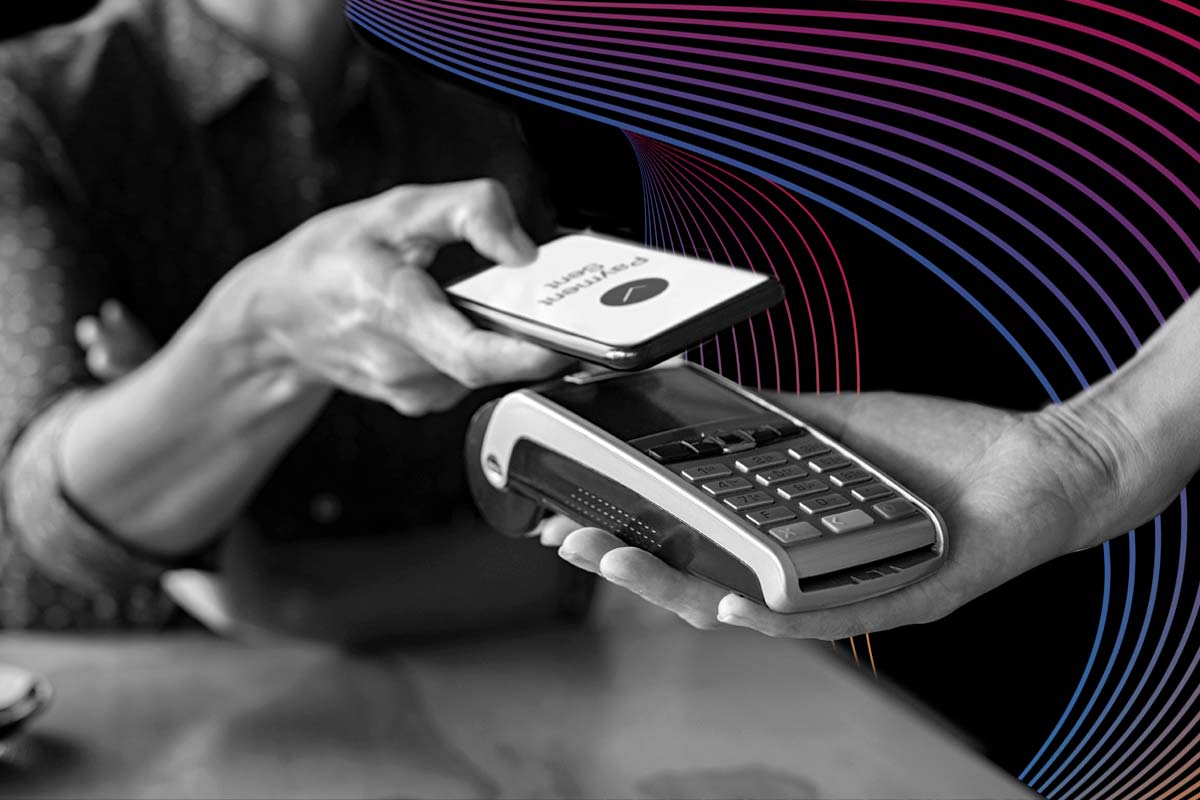Digital Payments Are Rising in the Middle East. But What Are the Risks?
As GenZ increasingly uses digital payments and currencies, what are the risks that come along with it?
Topics
News
- Gulf Nations Fast-Track AI Ambitions, UAE Leads Regional Readiness, says BCG Report
- AI Professionals form a Redefined Workforce. But Systemic Roadblocks Persist, Survey Finds
- AI-Driven Scams Surge as Microsoft Blocks $4 Billion in Fraud Attempts
- Identity-based Attacks Account for 60% of Leading Cyber Threats, Report Finds
- CERN and Pure Storage Partner to Power Data Innovation in High-Energy Physics
- CyberArk Launches New Machine Identity Security Platform to Protect Cloud Workloads

The number of people who live “largely cashless lives” – either using no notes or coins at all or using them only about once a month – has been rising yearly for some time.
Covid-19 propelled a drastic shift in how we make our payments. When forced to adopt contactless interaction methods, we had to pay digitally for almost everything. But now that that has become the norm, many wonder if the future will be cashless.
A McKinsey survey reveals that 90% of payment practitioners expect the shift to digital payments to be permanent. Similarly, a retail payments analysis survey by Oliver Wyman shows that nowadays, 21% of people aged 18 to 24 use digital banks, compared with only 3% of those in the 55-64 age group. This indicates a growing inclination from GenZ to opt for digital payments due to the convenience provided by seamless online payment journeys.
Last year, the UAE decided to link the payment systems of the GCC, a move that played a key role in expanding multilateral trade within the region.
Recognizing the economic benefits of digital payments, Saudi Arabia is targeting digital payment participation of 70% as part of Vision 2030.
The Recent Innovations In Digital Payments
According to the FIS Global Payments Report 2023, credit cards accounted for 41% of e-commerce transaction values in the UAE, and debit cards represented 11%. The report revealed that wallets were the UAE’s second-leading online payment method, accounting for 24% of transaction values, up from 23% in 2021.
When the buy-now-pay-later (BNPL) services were introduced, it quickly gained popularity, especially among the young. BNPL is the region’s fastest-growing e-commerce payment method. It is estimated to grow at a compound annual rate of 43% in MEA through 2026.
Apart from the BNPL scheme, cryptocurrencies and blockchain have become the new trend over the last two years, and the crypto market is worth $1.1 trillion today, as more merchants worldwide have begun to accept digital currencies.
The transition to a cashless society brings many other benefits, including increased convenience for consumers by accepting multiple payment methods, including mobile wallets.
Likewise, going digital can bring substantial cost savings for merchants and businesses by reducing the complexity of their cash management procedures and the risk of misappropriation. Companies adopting digital payments can access real-time data, which allows them to identify emerging patterns and trends and equips merchants to use data-driven insights to drive strategic planning and decision-making.
Can Digital Payments Gain Our Complete Trust?
But even with the vast improvements in digital payments over the last two years, there are many chances for cyber crimes that come along with it.
It is hard to argue that many people are anxious about their country’s rush to embrace a cash-free society.
The more emerging technology allows for smoother payment journeys, the risk of fraud and hacking increases exponentially, and consumers are becoming increasingly skeptical about making online payments, even to seemingly renowned organizations.
The sudden surges in crypto and bitcoin scams that the world continues to experience have caused some to lose faith in digital currencies as a promising alternative source to traditional payment methods.
Considering these factors, we must wonder if the world is ready to go completely cashless within the next decade. Scammers have successfully defrauded customers by impersonating organizations and essentially stealing from people around the globe. So, due to the influx of cyber crimes, consumers may need help to fully trust the online payment system entirely, despite its convenience.
As the payments industry continues to evolve, successful payment solutions will prioritize the security of personal data. As new methods are implemented to serve consumers’ spending preferences, organizations need to educate consumers on how to engage with this wide variety of payment methods as they enter the market. This is an opportunity for businesses to highlight their customer experience and security best practices.
The NextTech Summit will explore how digital payments are revolutionizing the financial landscape, as well as impacting institutions all across the world.





